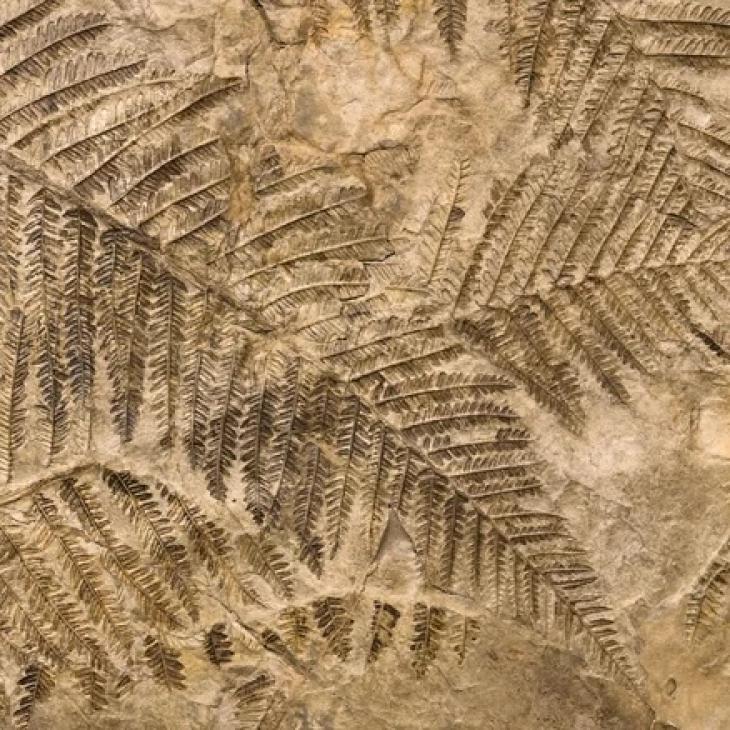Course: ECS-15 Mass Extinction
Collaborators: Noel Heim, Sean Corning
Class size: 12
Brief description: In groups of 3-4 students make a 10 minute podcast as a final project. The podcasts should be written for a general/non-scientific audience, but they will be an in-depth exploration of a technical scientific paper on one of the mass extinctions. The goals for producing podcasts are to research a narrow mass extinction related topic in detail, practice science communication, and have fun.
Duration of assignment: Semester
DDS support provided: scaffolded workshops throughout the semester, course specific online guide
Example: Mammoths: Melting or Murder by Wetherill, Jackson and McLeod, Cameron C.; class projects uploaded to Tufts Digital Library
Faculty reflection: "For science students, creating a podcast was fun but also allowed them to be creative without while also learning and presenting science. For my class student groups created a podcast episode about one scientific paper. I really to think students learned more from communicating the content of that one paper than they would have from a writing research paper that used 10 or 15 sources. They really read and understood what was being presented in that paper much more deeply than they would have in almost any other circumstance. The project also really helped student with their communication and editing skills. The overall quality of the podcasts was very high, much higher than for courses where I've assigned research papers."
Student reflection: "We were able to practice these skills in our podcasts, where we had to take papers which, in our case, did not present the data in a way which was easy to visualize or comprehend, and reorganize the information to make it palatable to the average person, or at least, a person not intimately familiar with the topic. This skill could prove to be invaluable, as teaching science to a public audience is especially important when researching topics which have high relevance to modern situations. As a person who is studying climate science, I feel very grateful that I was able to practice this skill."
